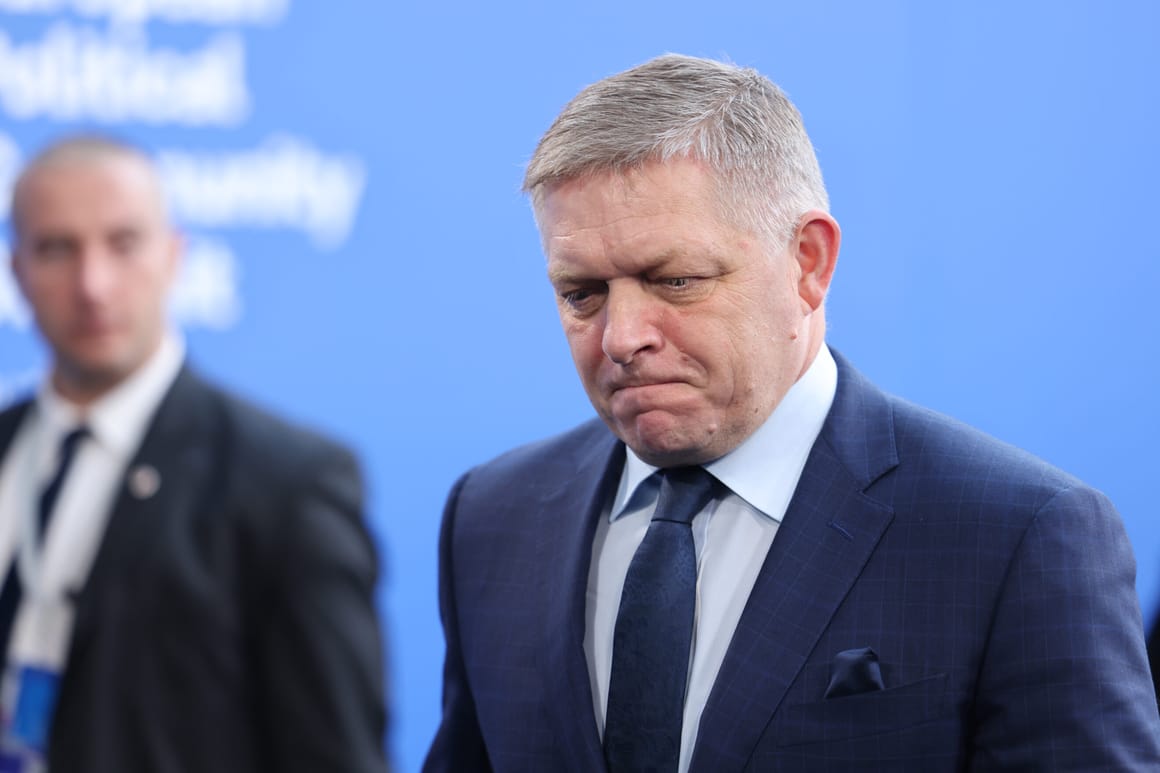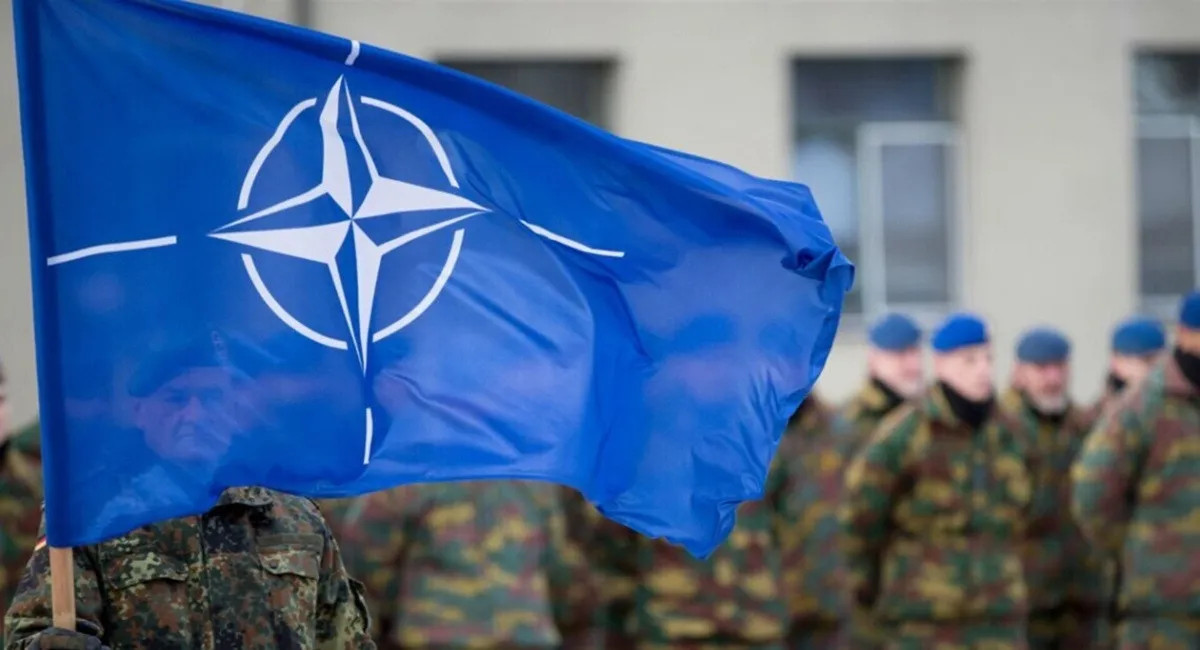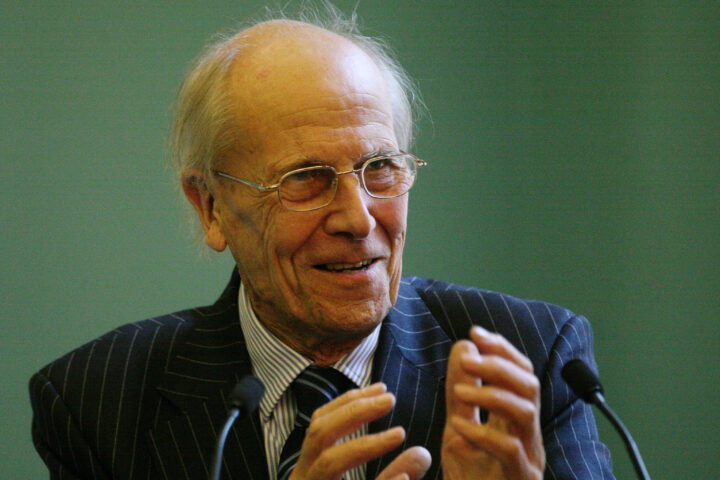Slovak Prime Minister Robert Fico has publicly praised the recent Alaska summit between U.S. former President Donald Trump and Russian President Vladimir Putin, repeating rhetoric that aligns closely with Kremlin messaging. Fico emphasized historical causes of the Ukraine conflict and advocated for security guarantees for Russia, remarks quickly circulated by Russian state-backed media.
Fico frames Ukraine war as historically rooted
In a Facebook statement on Saturday, Fico suggested that the war in Ukraine has deep historical origins and that discussions should equally consider security guarantees for both Ukraine and Russia. He said the summit “rejected a black-and-white view” of the conflict and credited the meeting for encouraging a normalization of U.S.-Russia relations. Fico argued that the summit challenged the unified stance promoted by the Biden administration and influential European actors regarding the Ukrainian war.
EU criticism and security context
Western leaders and Ukraine stress that the conflict is a direct result of Russian aggression, not historical disputes. Any narrative portraying the war as stemming from long-standing causes risks legitimizing Moscow’s invasion. Security guarantees, they argue, should prioritize Ukraine to prevent further attacks, rather than rewarding the aggressor. European partners maintain that territorial concessions by Ukraine are unacceptable and that all decisions must respect Kyiv’s sovereignty.
Implications for European security
Fico’s alignment with pro-Russian positions, similar to Hungarian Prime Minister Viktor Orbán, raises concerns about the coherence of EU security policy. Analysts note that European stability is closely tied to Ukraine’s defense and resilience. Collective Western efforts continue to strengthen Ukraine’s protection and reinforce long-term defense strategies across the continent, rejecting security guarantees for Russia without accountability for its actions.
Ukraine’s strategic position
Experts underline that Ukraine remains the focal point of European security. Robust support from the EU and NATO ensures that Kyiv can withstand further aggression, safeguarding both its territory and the broader European framework. Attempts to equate aggressor and victim in diplomatic discourse are viewed as undermining international law and the principles of sovereignty.













